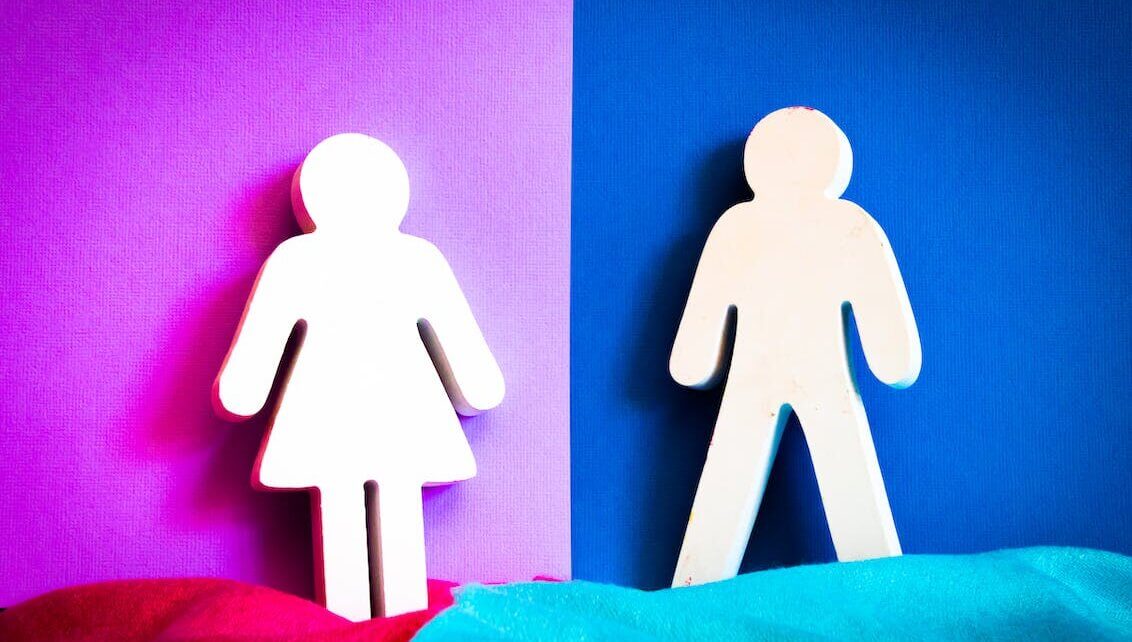“The road to equality is challenging but not impossible.” In the 1800s, women were expected to cook, clean, and care for the household, respect their husbands, and raise the children. During this period, no woman could hold a job, have properties in their name, go to school, or even get a divorce. These biases only reinforced gender-based violence and discrimination against women. Nonetheless, African-American women have led a much more tragic story, as they were considered property, worked as slaves on various plantations, and faced systematic oppression throughout the country.
The beginning of 1900, however, brought some changes that revolutionized the way America perceived women. It was the beginning of the end and the start of a long fight that continues today. The suffrage movement in the early 1900s and the civil rights movement led by women during this period were the first cracks in the glass of a revolutionary movement. Later, in 1919, congress passed the 19th Amendment, which granted women the right to vote. For the first time, women would had the right to make decisions concerning the political landscape of the country they inhabited.
This significant change in history opened the door for alterations to American society as it was. According to “Women now outnumber men in the U.S. college-educated labor force,” by Richard Fry of Pew Research Center, this study states that women of the 21st century now comprise the majority of students in colleges or universities. Women are as intelligent and eager to attend school and learn. A plethora of research, including “Ambition is not the problem: Women want the top jobs—they just don’t get them” by CNBC, indicates that women aspire to higher positions in their fields. For instance, New Jersey Assembly House representatives have more women state representatives in 2023 than ever. Women are rewriting the rules, challenging the foundation of acceptance in society. The United Nations Sustainable Development Goal 5 “Gender Equality” programs also encourage everyone, especially women a chance to live life to its fullest.
While the status of women is improving in the country, there are still challenges and setbacks. In the United States, women’s choices over their bodies are in question. In 2022, Roe vs Wade was overturned, and since then, 14 states have enacted near-total abortion bans, according to the Guardians. The gender pay gap remains a prevalent issue in the country, where women earn 80 cents for every dollar made by a man, based on the Pew Research Center. From gender-based violence, discrimination, child marriage, or war crime victims, women at times suffer the most of a country’s social inequality. Nov. 25, 2023, was the International Day for the Elimination of Violence against Women, highlighting women’s global struggles.
With the Theme “UNITE! Invest to prevent violence against women and girls,” the United Nations emphasizes the need to fund prevention strategies proactively to stop gender-based violence.
Lincoln Pereira, a history student, mentioned, “For me, gender equality means that all people are afforded the same opportunities despite their gender and that gender is an irrelevant factor when considering someone for jobs, schools, and even friendships.”
Similarly, Mariami Ramirez Tsuladze, an anthropology student and policy debater, said, “Equally means gender not mattering in terms of safety, opportunities, social treatment, and legal rights.” The United Nations HeForShe campaign of 2014 by Emma Watson started a revolution in the fight for gender equality. Since her opening speech promoting the campaign, major changes have happened in the United States but also around the world. We all can join the fight to eradicate machismo culture and create a sustainable and gender-inclusive world.
Gender equality is necessary for a peaceful, prosperous, and sustainable world. Everyone deserves respect and should have compassion for themselves and others.
Much like other institutions, Monmouth University is an academic establishment in which gender equality is an essential topic. To ensure inclusion and equality for all, the University offers various services to students. For instance, numerous clubs and organizations on campus support gender equality by giving students a voice through women’s sports, Student Advocating For Girls Education (SAGE), National Council of Negro Women (NCNW), and PRIDE club, to name a few. Students can also access the University’s Office of Equity and Diversity, located on the third floor of the Great Hall, whose mission is to advance diversity and inclusion efforts across campus. The Intercultural Center promotes the university-wide shifts toward diversity, inclusion, and respect. While these services are remarkable and impressive steps toward inclusion, much is still needed to achieve gender equality at Monmouth.
Vienna Larson, a political science and international relations student, mentioned how she felt supported and accepted by the staff on campus who use the correct name and pronoun. Such experiences have not always been shared with the student body as transgender individuals at time have been the target of name-calling. Sofia Santiago, a criminal justice student, commented that she felt safer on campus due to the unbalanced gender distribution on campus. According to the US News report, in the fall of 2022, Monmouth University had a gender distribution of 37% male and 63% female students.
Upon further examination, the University has not reached gender equality a hundred percent. Gender inequality is a complex and intricate issue that is extremely hard to solve. While Monmouth University has done many initiatives to reach gender equality, this issue requires a group effort to reach a consensus. Some of these practices might include better trans representation on campus, more inclusion of gender in the curriculum outside gender courses, challenge heteronormativity across campus, and promoting women’s empowerment. This ensures that women are represented in all departments throughout the school. The road to equality is challenging but not impossible.
Now it is your turn: What do you think about gender equality at Monmouth University, and what can we do better?



